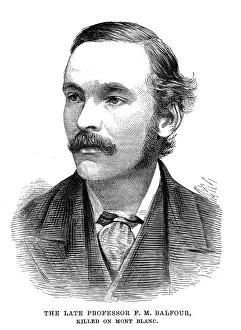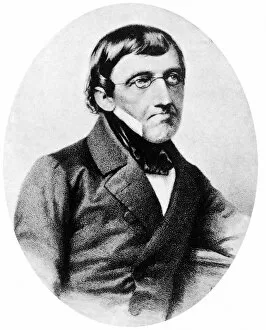Embryologist Collection
Embryology, the study of the development and growth of embryos, has been a fascinating field for scientists throughout history
All Professionally Made to Order for Quick Shipping
Embryology, the study of the development and growth of embryos, has been a fascinating field for scientists throughout history. One prominent figure in this field is Professor Elie Metchnikoff, whose contributions have greatly influenced our understanding of embryonic development. Another notable name associated with embryology is Jacques Marie Cyprien Victor Coste. In 1865-66, his lithograph showcased the intricate details of embryo formation, capturing the attention and curiosity of many. Etienne Renauld Augustin Serres also made significant contributions to embryology through his engravings that depicted various stages of embryo development. These detailed illustrations provided valuable insights into the complex processes occurring within developing organisms. A renowned German biologist from the 19th century, Karl Ernst von Baer's work on embryology was groundbreaking. His observations and studies paved the way for modern developmental biology and continue to inspire researchers today. Professor Francis Maitland Balfour was another Scottish embryologist who left an indelible mark on this scientific discipline before his untimely death in 1882. His research shed light on key aspects of vertebrate development and laid a foundation for future advancements in embryological studies. Karl Ernst Baer's lithograph captures not only his image but also highlights his immense contribution as an Estonian-born German naturalist and embryologist. His dedication to unraveling nature's mysteries earned him recognition among fellow scientists worldwide. The line engraving depicting Karl Ernst von Baer showcases both his Estonian heritage and his invaluable role as a naturalist and embryologist during the 19th century. This visual representation serves as a testament to Baer's profound impact on our understanding of early life forms. Lastly, we remember Francis Maitland Balfour once again – a Scottish-born British embryologist who happened to be AJ Balfour's brother. Despite their familial connection, Francis carved out an impressive legacy in studying embryonic development, leaving an indelible mark on the scientific community.














